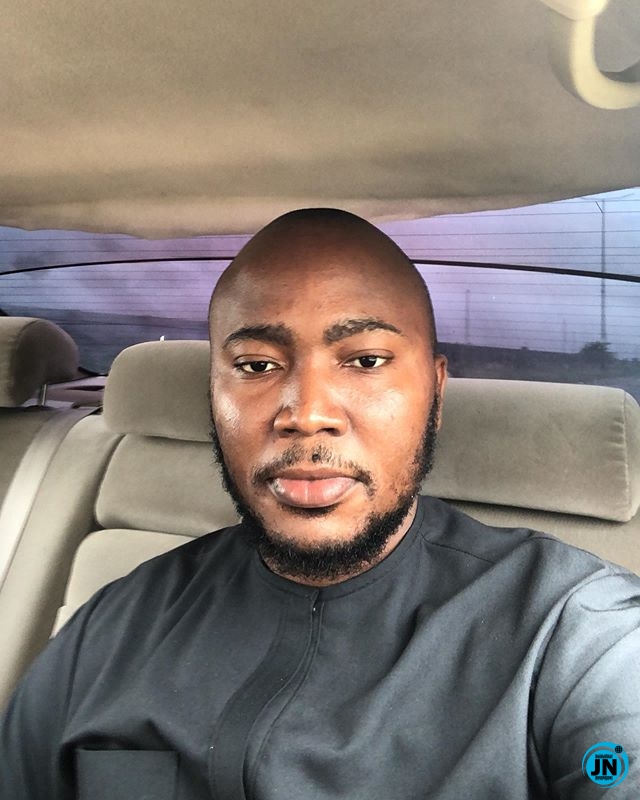Renowned and widely respected music journalist Joey Akan has delivered a scathing critique of Burna Boy’s recent emotional announcement regarding the end of his “African Giant” persona, a move that has stirred intense reactions across the music industry and among fans.
Earlier this week, Burna Boy surprised his global fanbase with a cryptic social media post declaring the “death” of his celebrated alter ego, the “African Giant”, and introduced a new persona he calls “Big 7,” describing it as a guard for the remnants of his shattered heart and spirit after years in the limelight.

In response, Joey Akan took to X (formerly Twitter) to vehemently oppose Burna Boy’s narrative of being betrayed by his people, labeling the supposed “death” of the African Giant not as an external defeat but a self-inflicted wound borne out of what he terms “the madness of success.”
Joey argued that Burna Boy’s meteoric rise on the international stage following albums like Twice As Tall has led him to emotionally and culturally distance himself from Nigeria and its rich heritage. He accused Burna Boy of turning against the very people and culture that helped elevate him to global fame.
Recalling several incidents that have tarnished Burna Boy’s image among Nigerian fans, Joey highlighted moments where the singer insulted his Nigerian audience, disparaged local culture as “substance-less,” physically assaulted concertgoers, and dismissed criticism from his home crowd with hostility.
Joey Akan’s Detailed Critique of Burna Boy’s ‘African Giant’ Persona Exit
“The demise of the ‘African Giant’ was not at the hands of ‘his people’ or external forces. Rather, it was a form of suicide, a self-destructive act driven by the overwhelming pressures and allure of success. Burna Boy began his career advocating for his people, using his platform to voice collective struggles through a potent, protest-inspired album. However, as his star ascended to international stardom, he seemingly came to the painful realization that his career and sustenance might thrive better outside the complexities and realities of Nigeria.”
“This awakening sparked a campaign of disassociation from his roots. Burna Boy started openly criticizing the very culture that shaped him, dismissing it as ‘substance-less.’ He described Nigeria as ‘a waste of time,’ physically assaulted fans at his concerts, and repeatedly blamed Nigerians for his personal frustrations and career hurdles. He famously declared, ‘I’ll rather kill you than die for you,’ a harsh rebuke to the same people who once embraced him as their champion and fueled his rise.”
“Now, as a new album looms, Burna Boy has narrowed his audience to mere ‘concert buyers,’ retreating from the people who once loved him, while sending mixed signals through empty gestures of affection and simultaneously accusing Nigerians of ‘killing their idol.’ This is a tragic pattern of self-sabotage and egotism, eroding years of goodwill through actions that wound his own fan base and heritage.”
“It is a form of madness and narcissism to blame victims for injuries you inflict upon yourself. Burna Boy has metaphorically cut himself and bled on Nigerians, only to label them poor when they protest his actions.”
“Once a true people’s champion, Burna Boy’s journey into global acclaim has come at a cost—he has placed his country and his African identity on the chopping block, wielding every available dagger against his own foundation. With each act of self-inflicted harm, the African Giant has bled out. This is a suicide born out of the madness of success.”
“African Giant” was not killed by ‘his people.’ It was suicide. Suicide induced by an abundance of success.
After advocating for his people on a successful protest-esque project, Burna Boy’s subsequent ascent into global pop recognition came with a personal realisation that his…
— Joey Akan (@JoeyAkan) May 22, 2025

